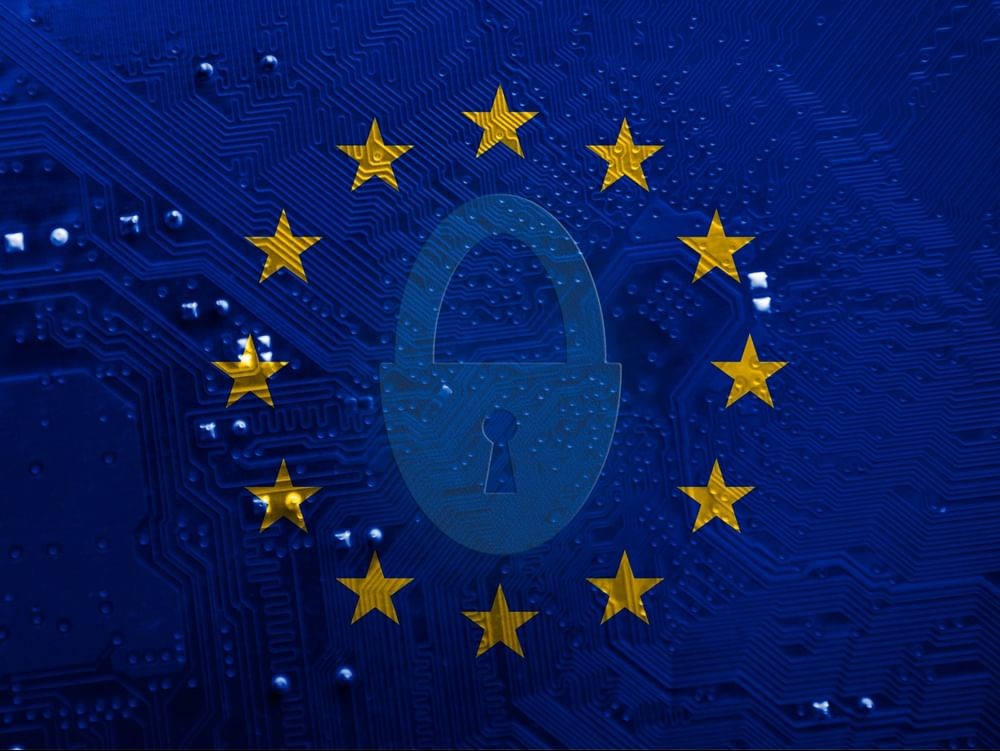Urgent
UAE marks 54th Eid Al Etihad with nationwide celebrations
 32 Cambodian firms registered with Dubai Chamber amid trade growth
32 Cambodian firms registered with Dubai Chamber amid trade growth
 Foreign residents in Korea top 2.8 million for first time in October
Foreign residents in Korea top 2.8 million for first time in October
 Japan's ANA cancels 65 flights on Saturday after Airbus software problem
Japan's ANA cancels 65 flights on Saturday after Airbus software problem
 SCC chairman outlines UAE–Russia partnership opportunities
SCC chairman outlines UAE–Russia partnership opportunities
 Abu Dhabi's 'Emergencies, Crises Centre', Finnish National Rescue Association discuss cooperation
Abu Dhabi's 'Emergencies, Crises Centre', Finnish National Rescue Association discuss cooperation
 Foreign Minister of Trinidad and Tobago visits Sheikh Zayed Grand Mosque in Abu Dhabi
Foreign Minister of Trinidad and Tobago visits Sheikh Zayed Grand Mosque in Abu Dhabi
 الإمارات تشارك في اجتماع الدورة الرابعة والثلاثين لجمعية المنظمة البحرية الدولية
الإمارات تشارك في اجتماع الدورة الرابعة والثلاثين لجمعية المنظمة البحرية الدولية

 32 Cambodian firms registered with Dubai Chamber amid trade growth
32 Cambodian firms registered with Dubai Chamber amid trade growth
 Foreign residents in Korea top 2.8 million for first time in October
Foreign residents in Korea top 2.8 million for first time in October
 Japan's ANA cancels 65 flights on Saturday after Airbus software problem
Japan's ANA cancels 65 flights on Saturday after Airbus software problem
 SCC chairman outlines UAE–Russia partnership opportunities
SCC chairman outlines UAE–Russia partnership opportunities
 Abu Dhabi's 'Emergencies, Crises Centre', Finnish National Rescue Association discuss cooperation
Abu Dhabi's 'Emergencies, Crises Centre', Finnish National Rescue Association discuss cooperation
 Foreign Minister of Trinidad and Tobago visits Sheikh Zayed Grand Mosque in Abu Dhabi
Foreign Minister of Trinidad and Tobago visits Sheikh Zayed Grand Mosque in Abu Dhabi
 الإمارات تشارك في اجتماع الدورة الرابعة والثلاثين لجمعية المنظمة البحرية الدولية
الإمارات تشارك في اجتماع الدورة الرابعة والثلاثين لجمعية المنظمة البحرية الدولية











Comments